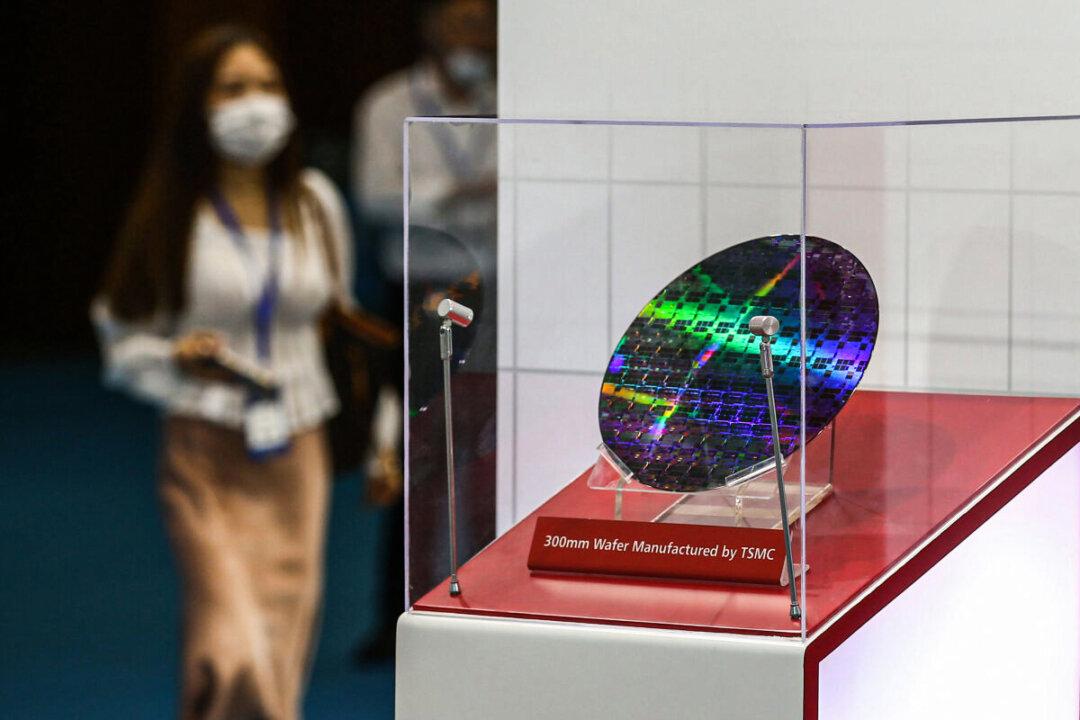A Taiwan-based supplier of silicon wafers has announced that it will be diverting $4.98 billion earmarked for the acquisition of a German hyperpure silicon wafer manufacturer towards investing in a new greenfield.
GlobalWafers said on Sunday that the all-cash tender offer for Siltronic AG, one of the world’s prominent manufacturers of hyperpure silicon wafers, failed to finalize all requisite conditions, including regulatory approvals, by the Jan. 31 deadline.





